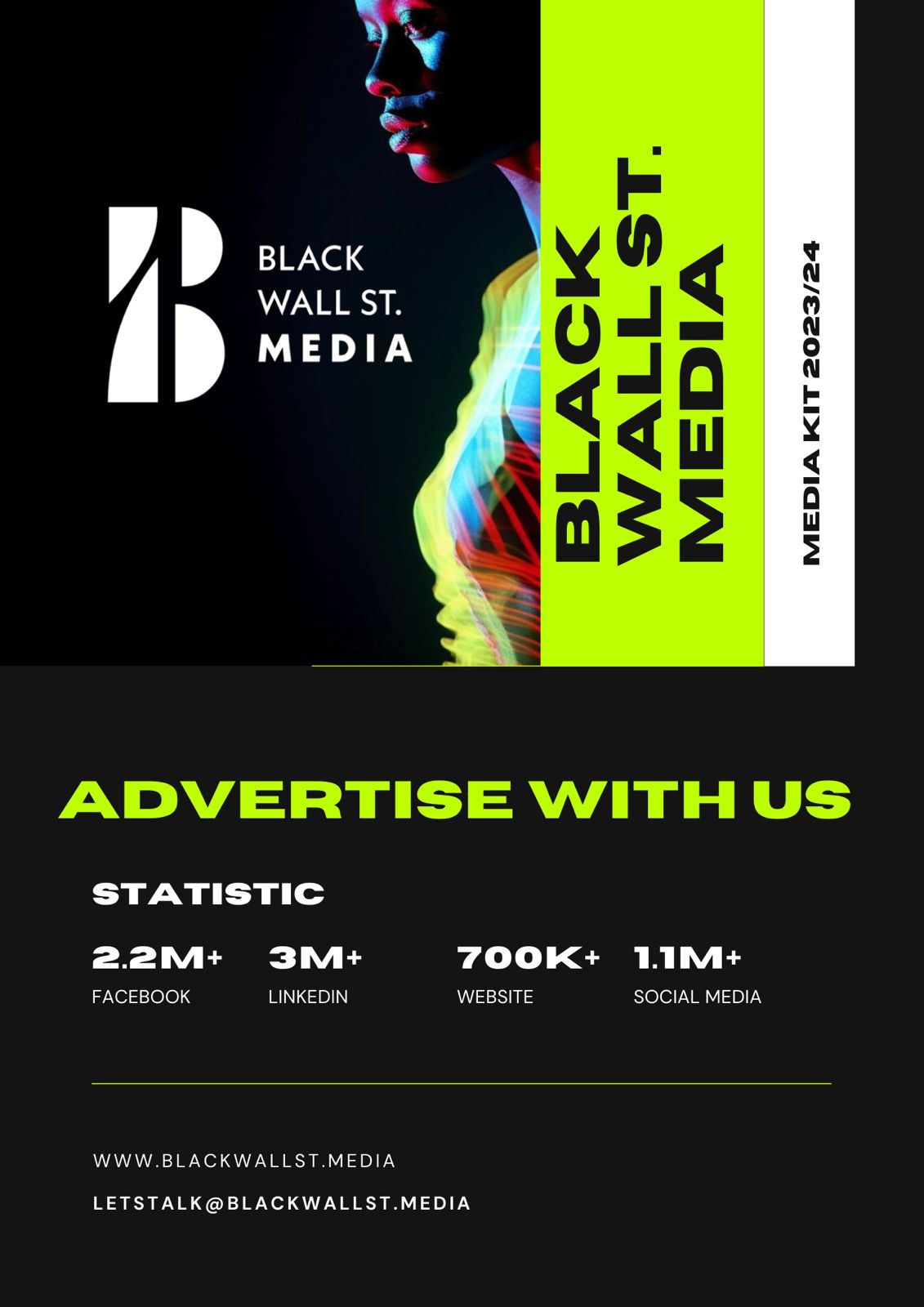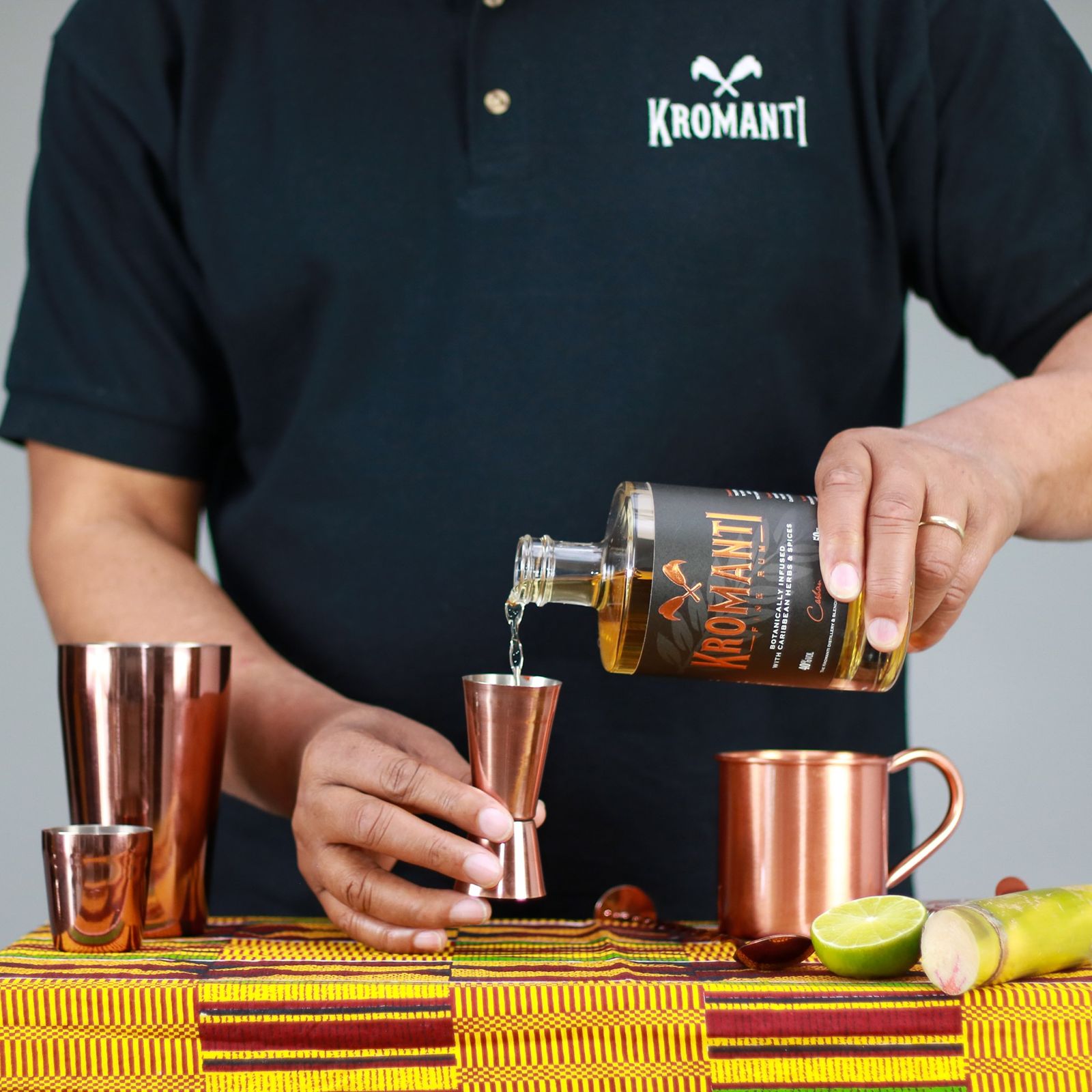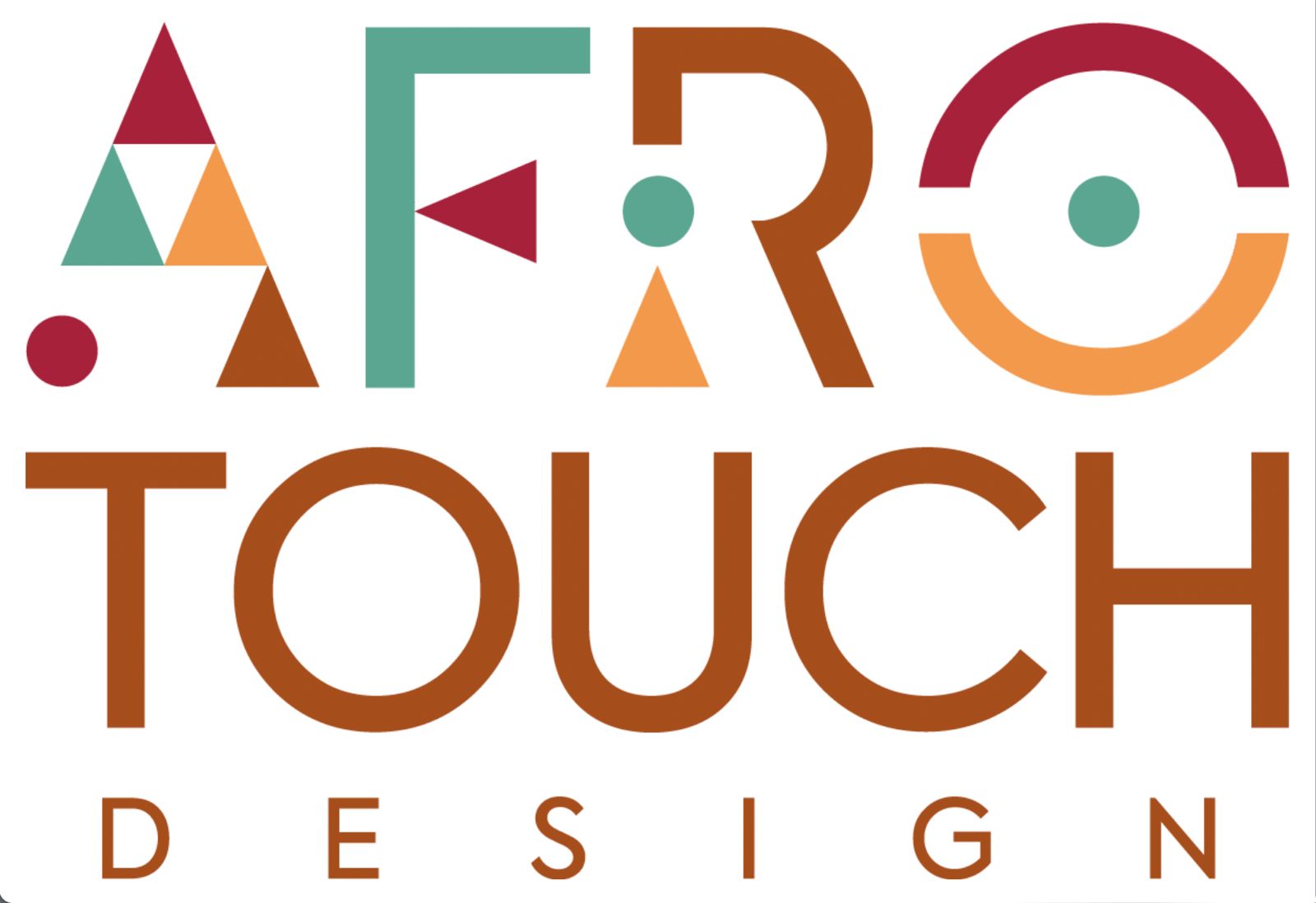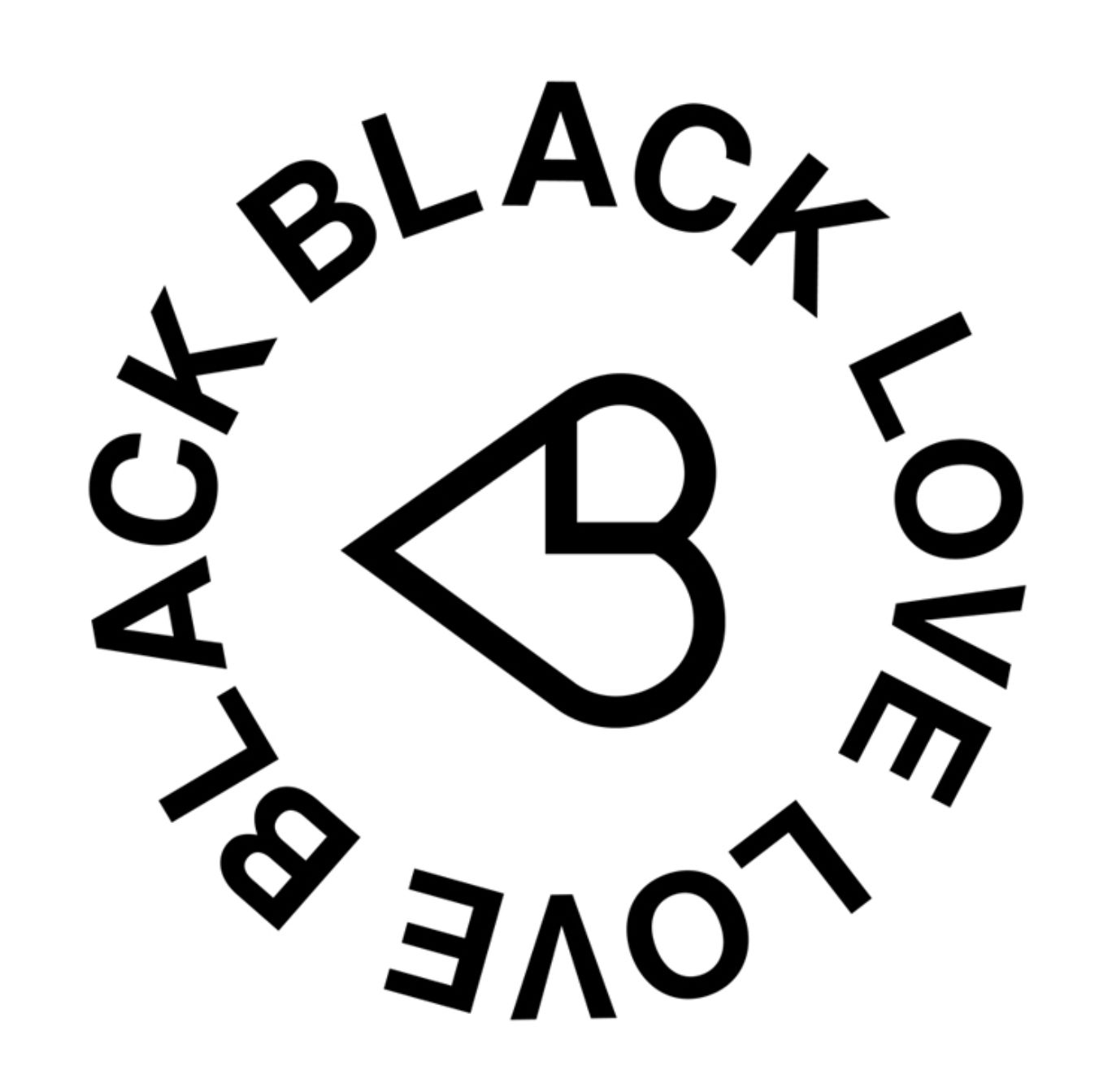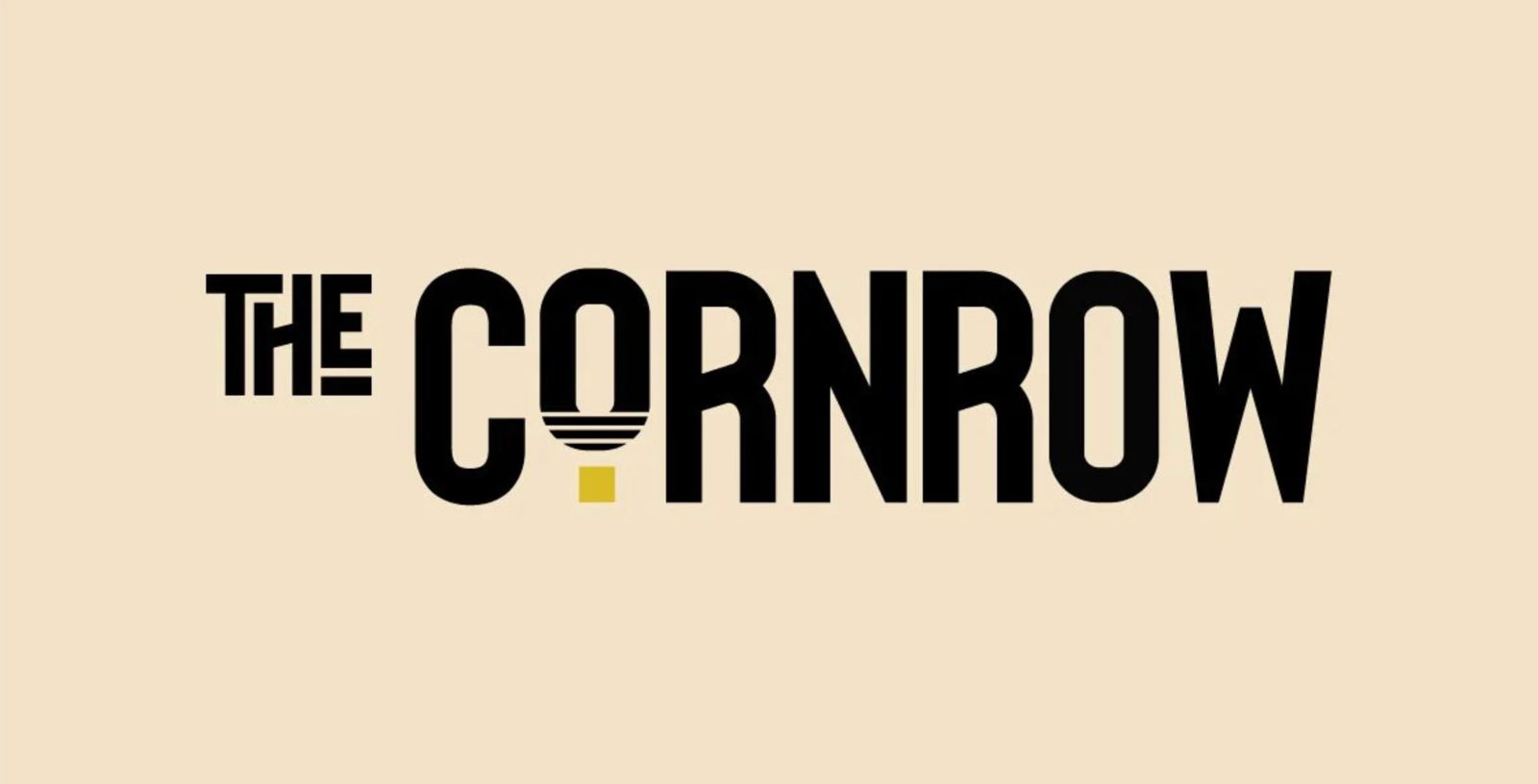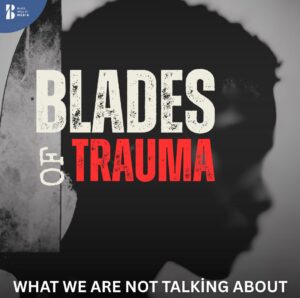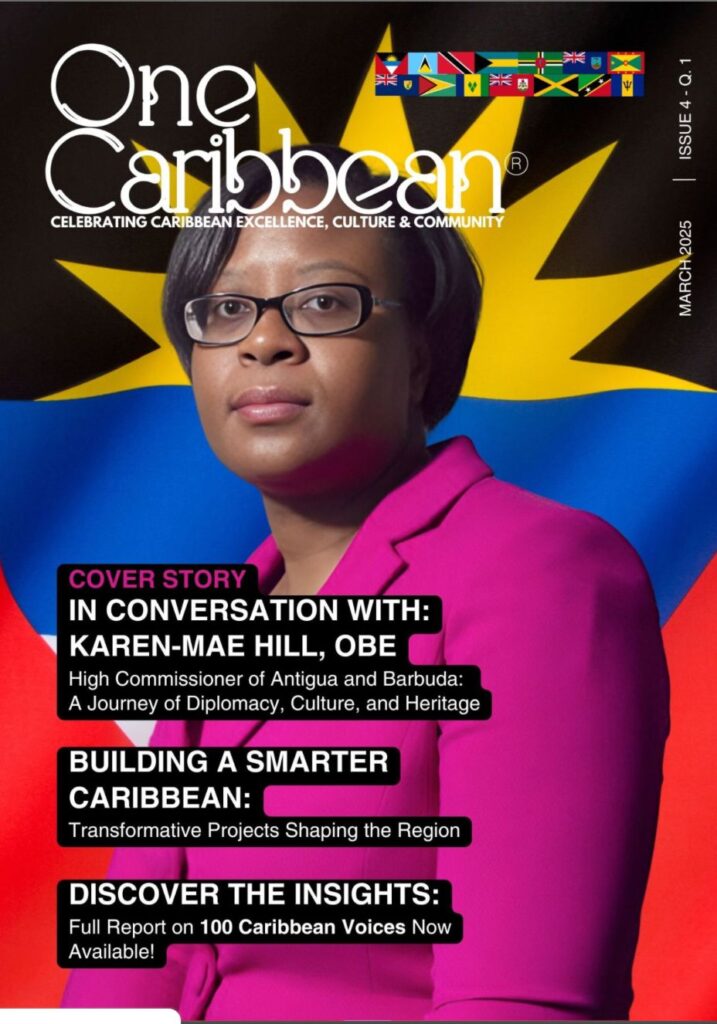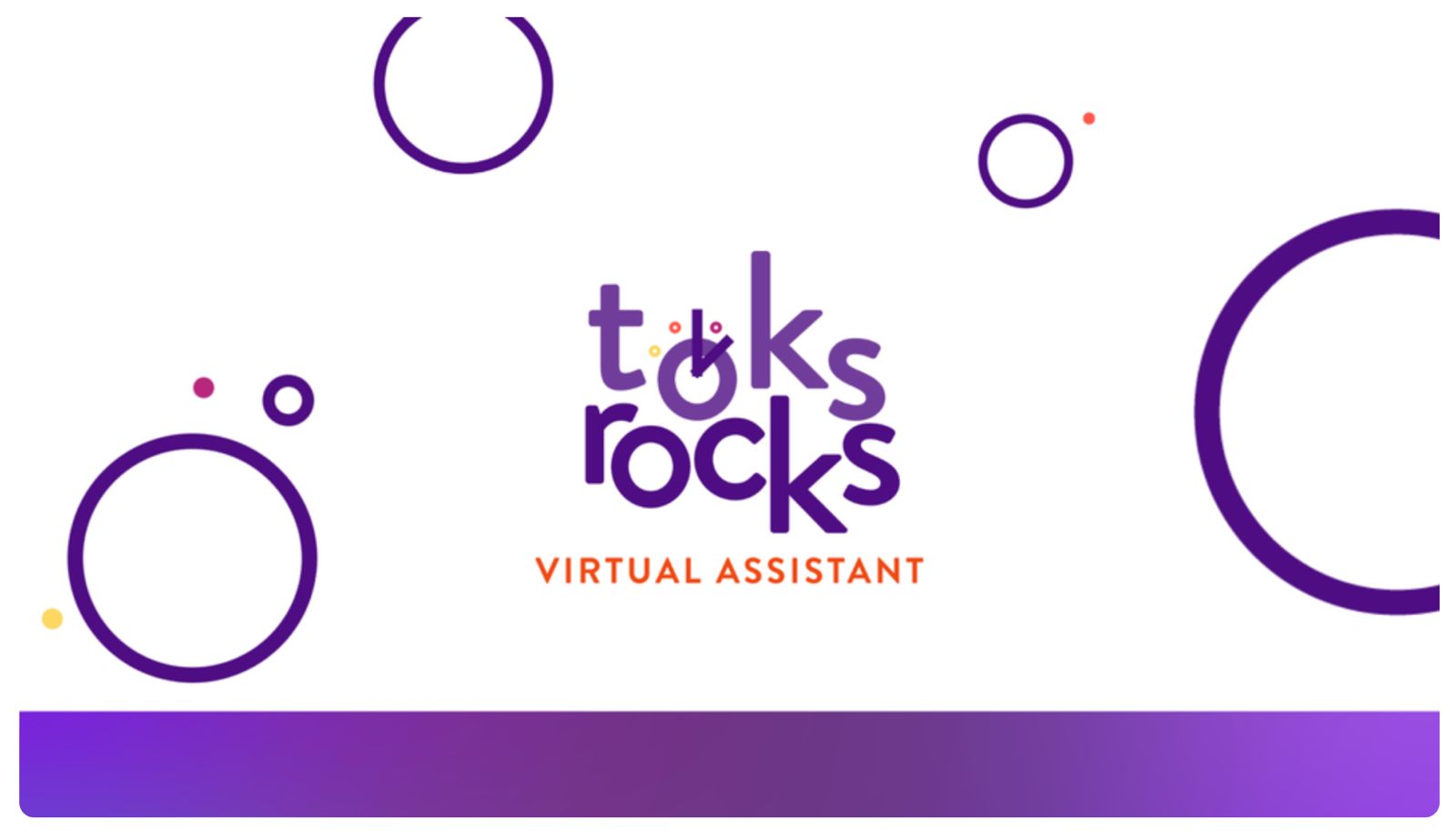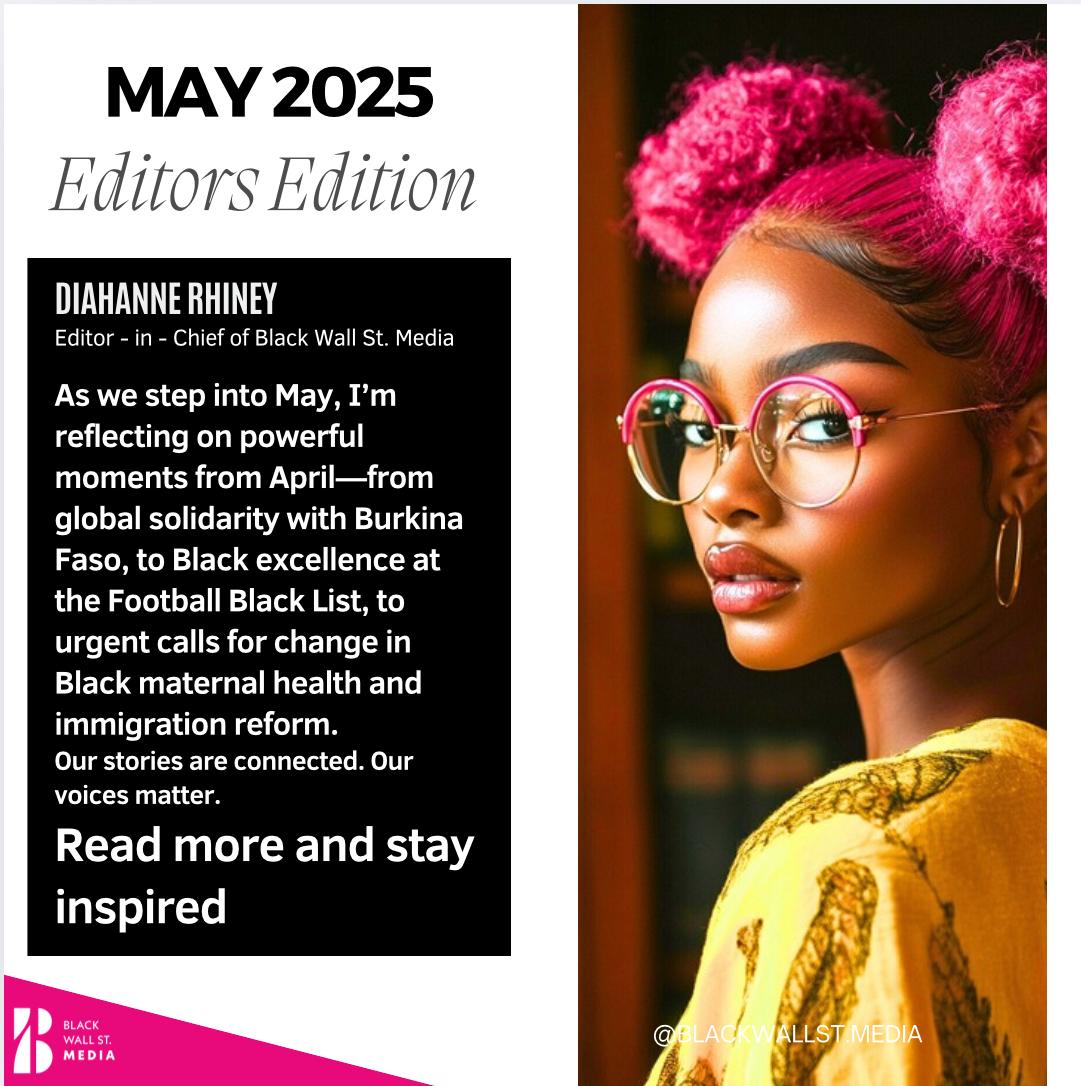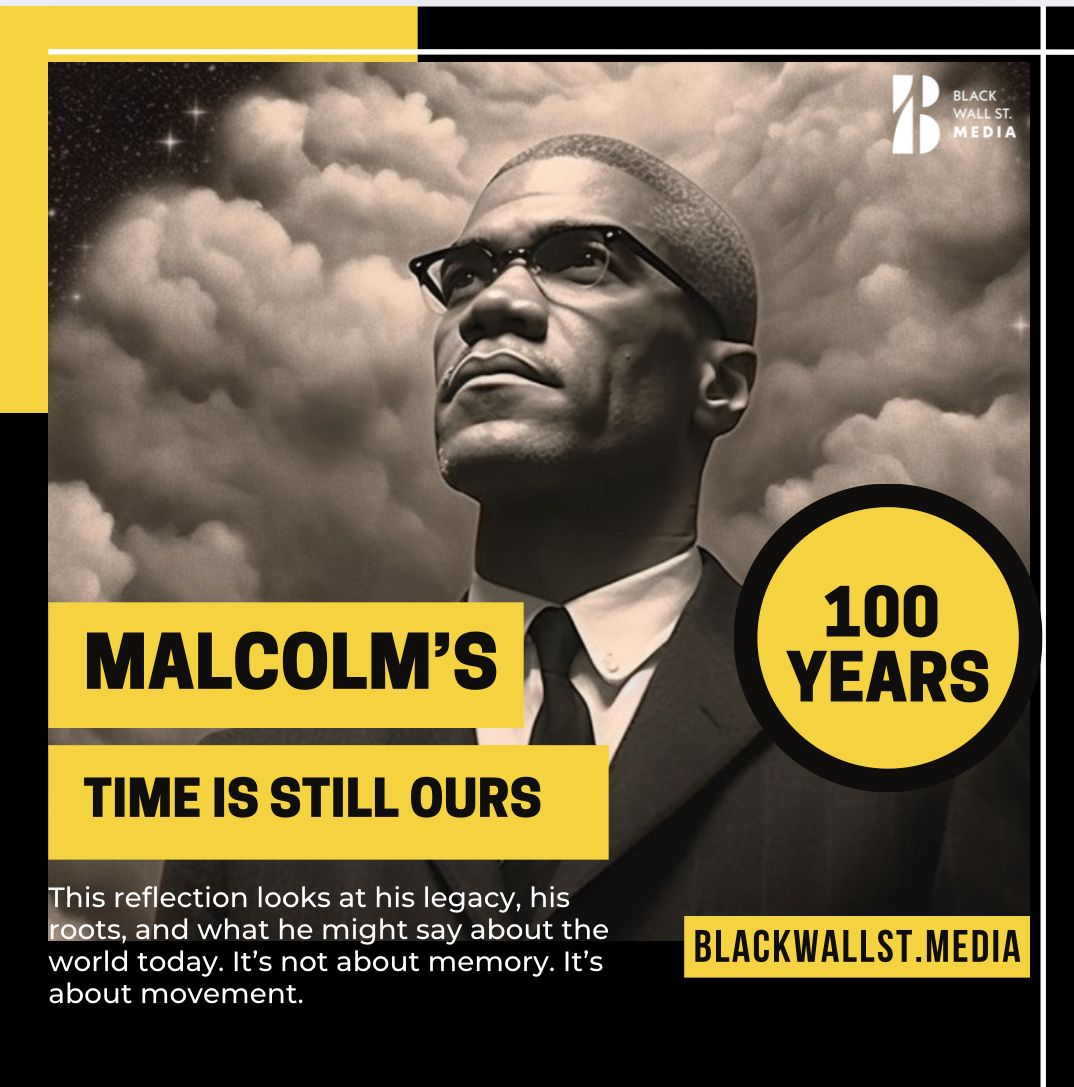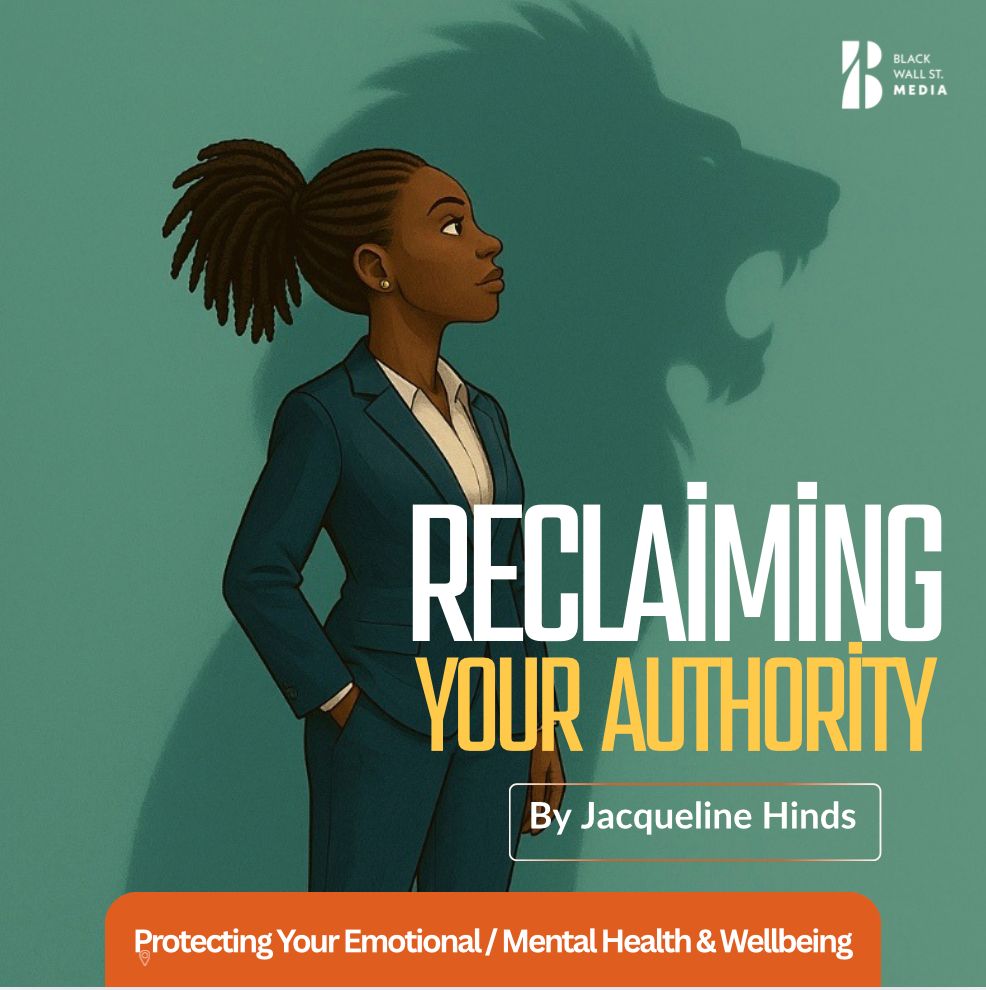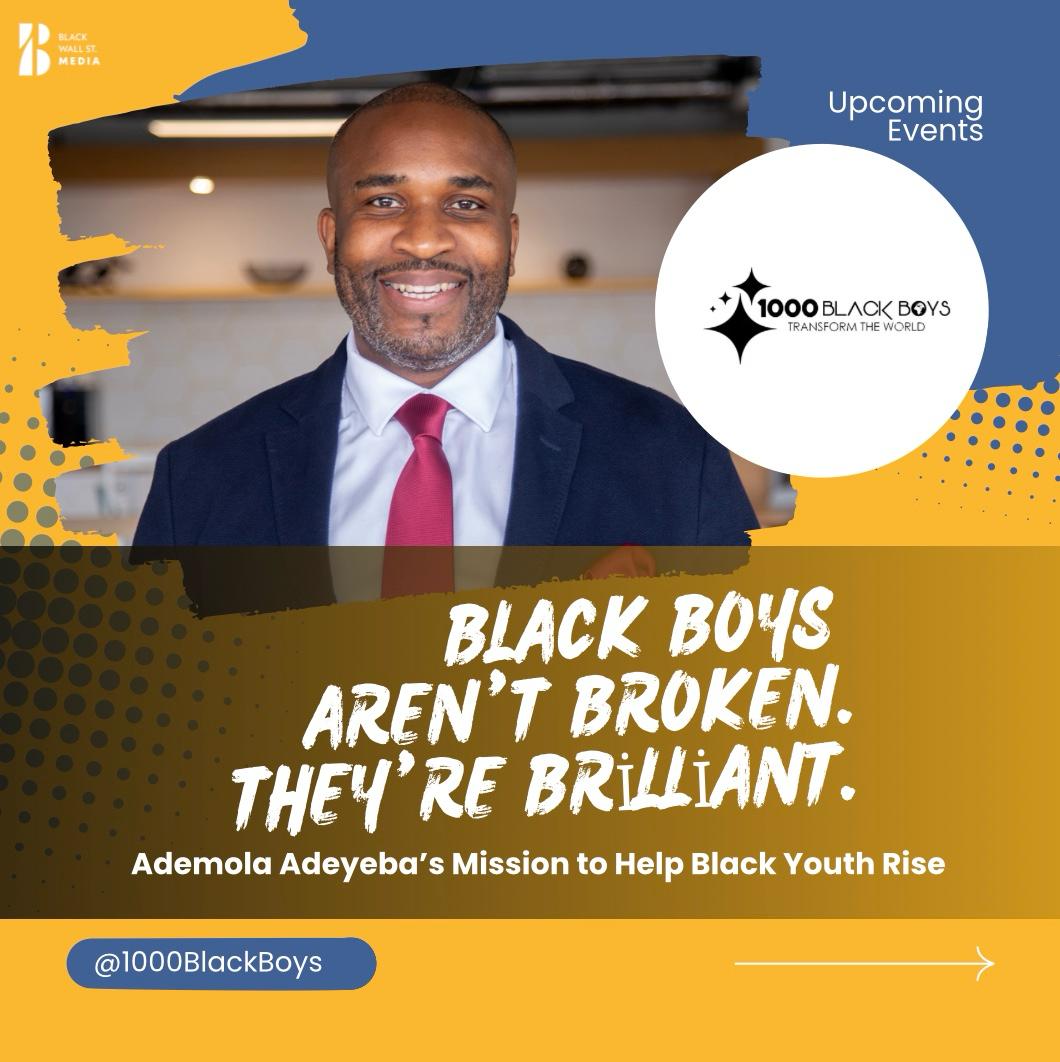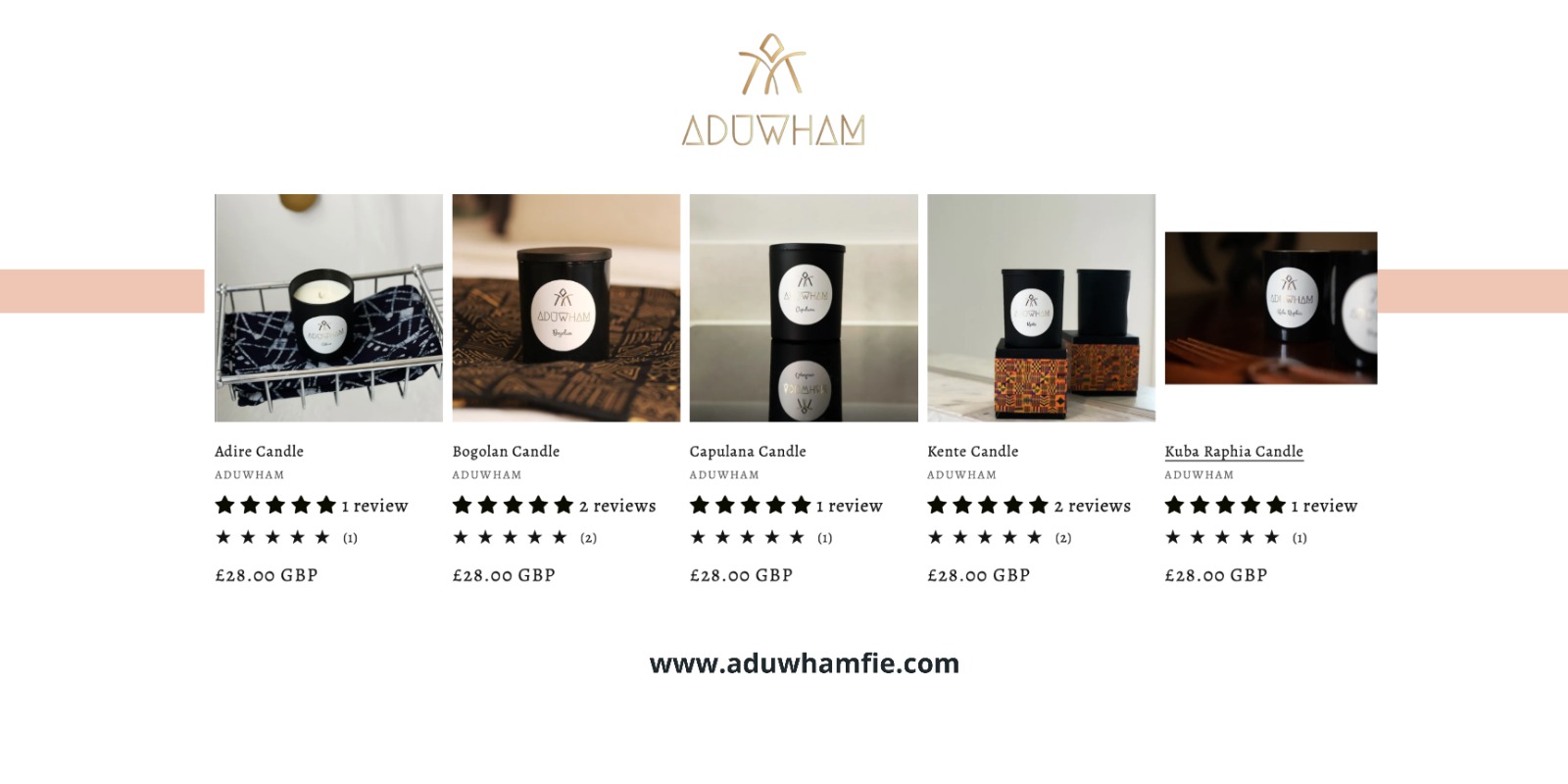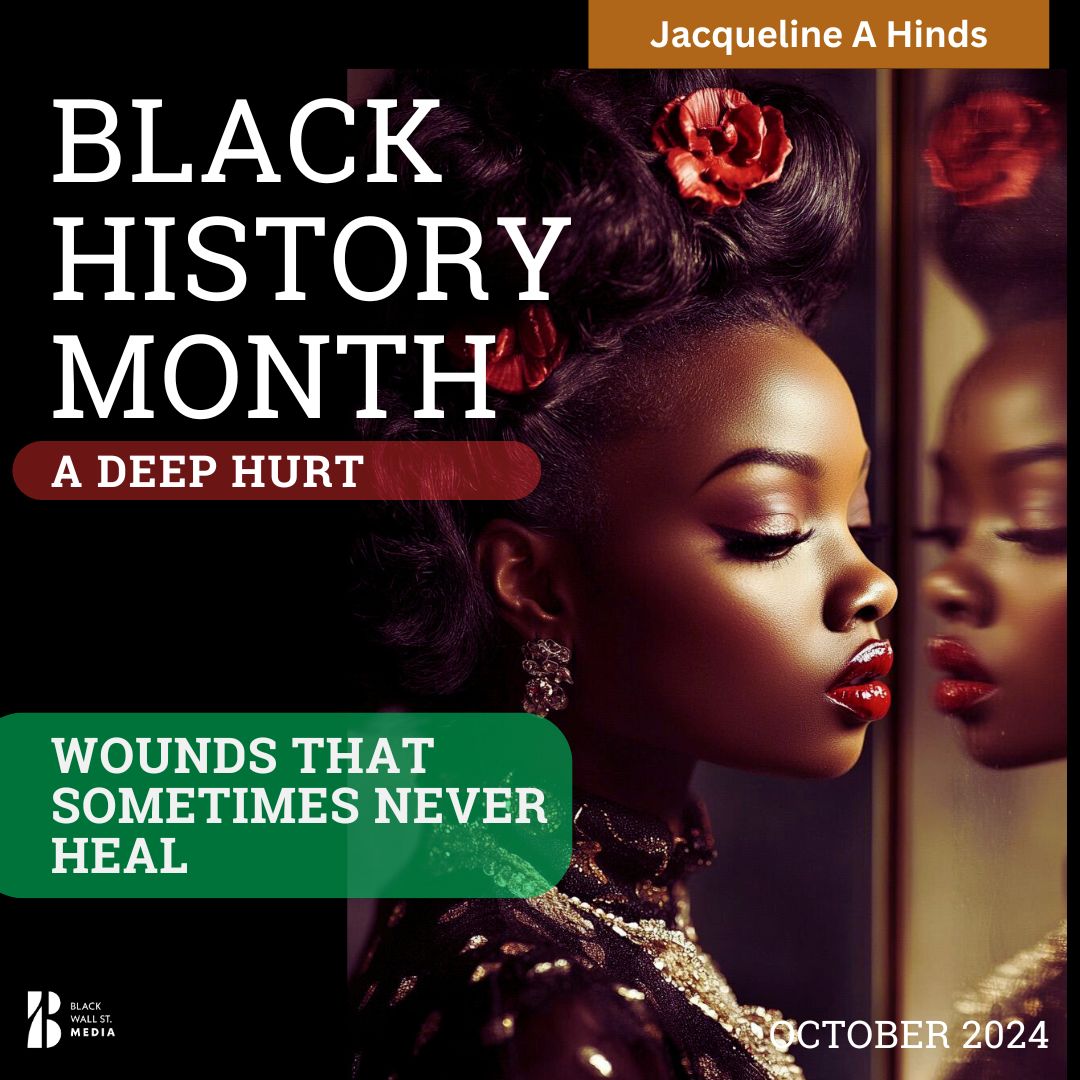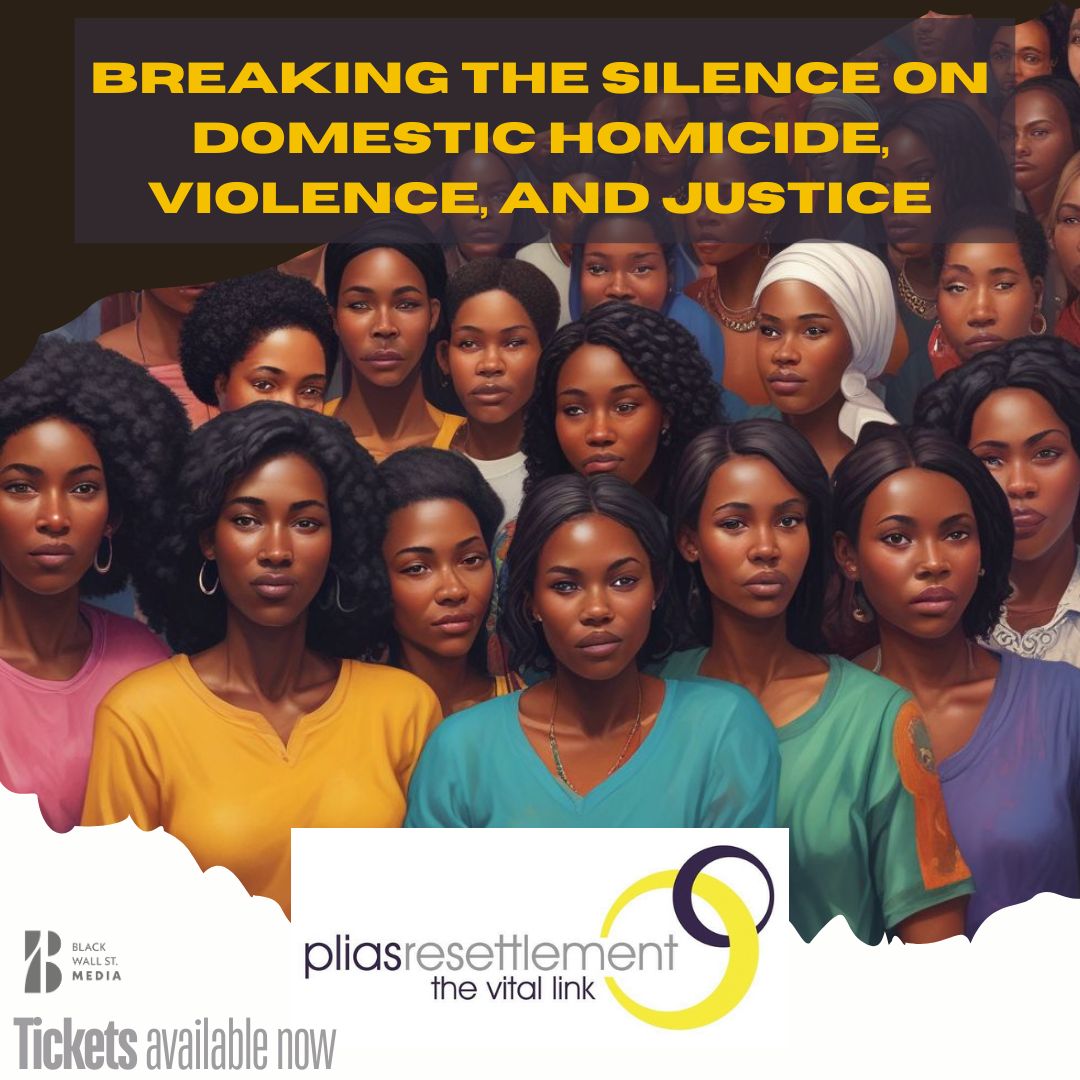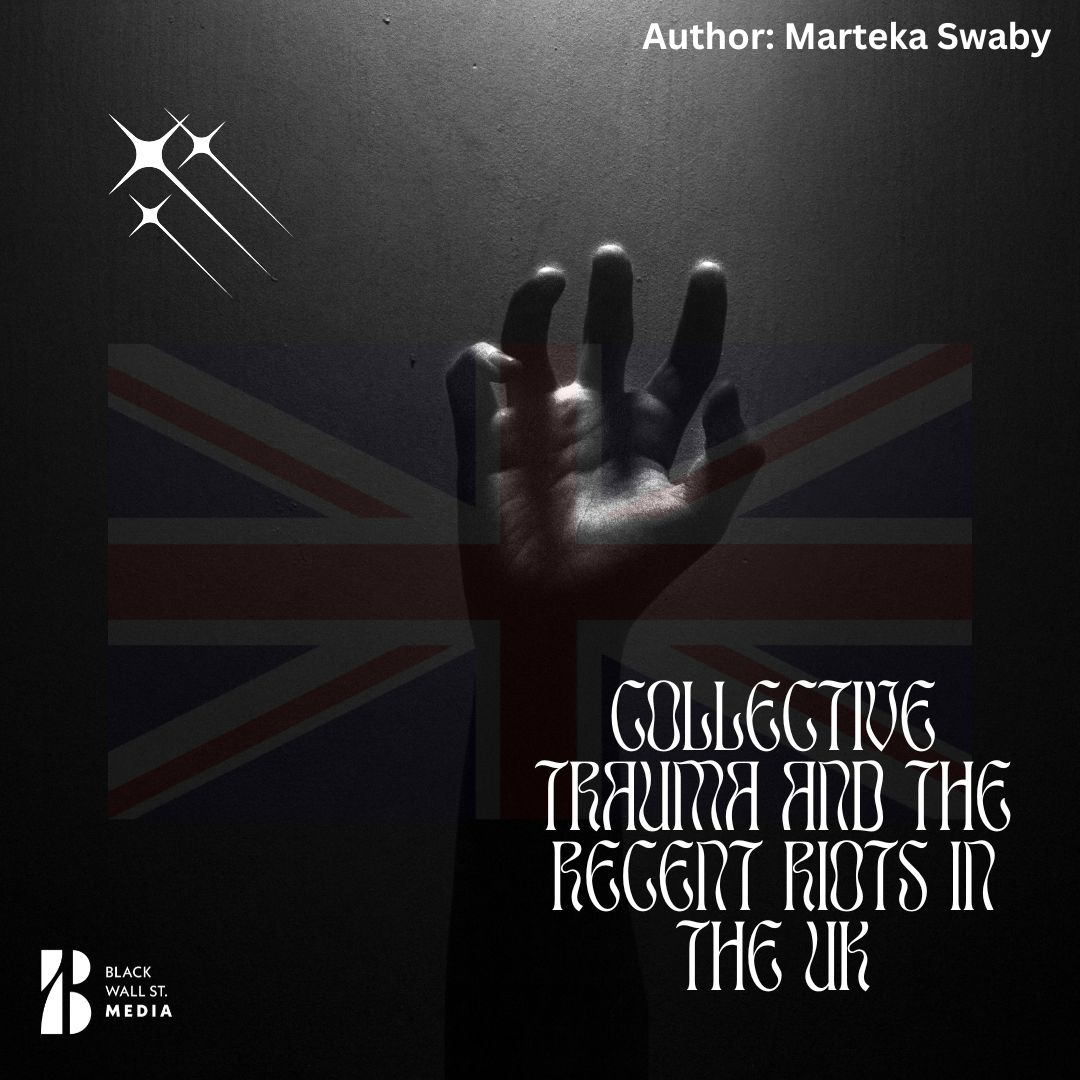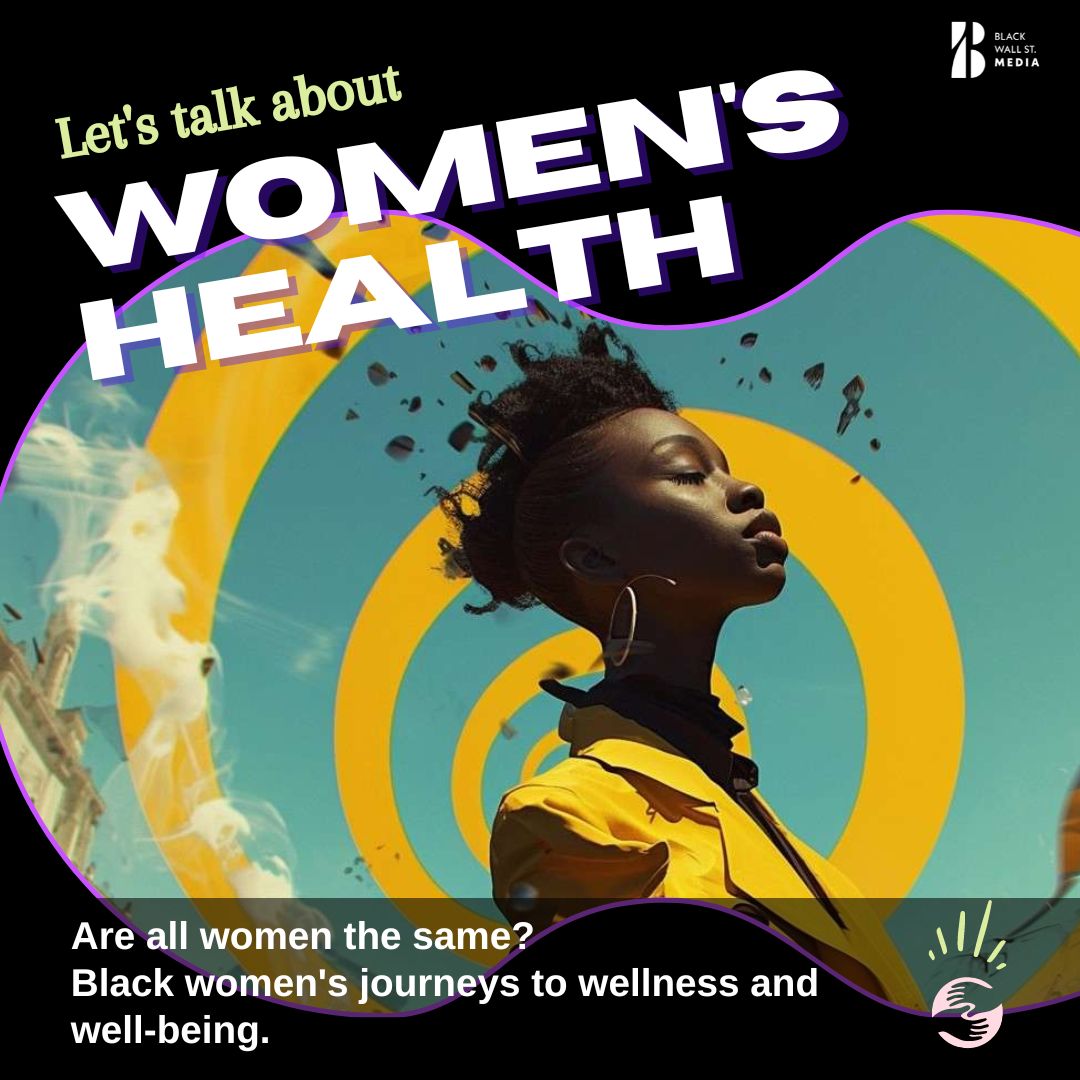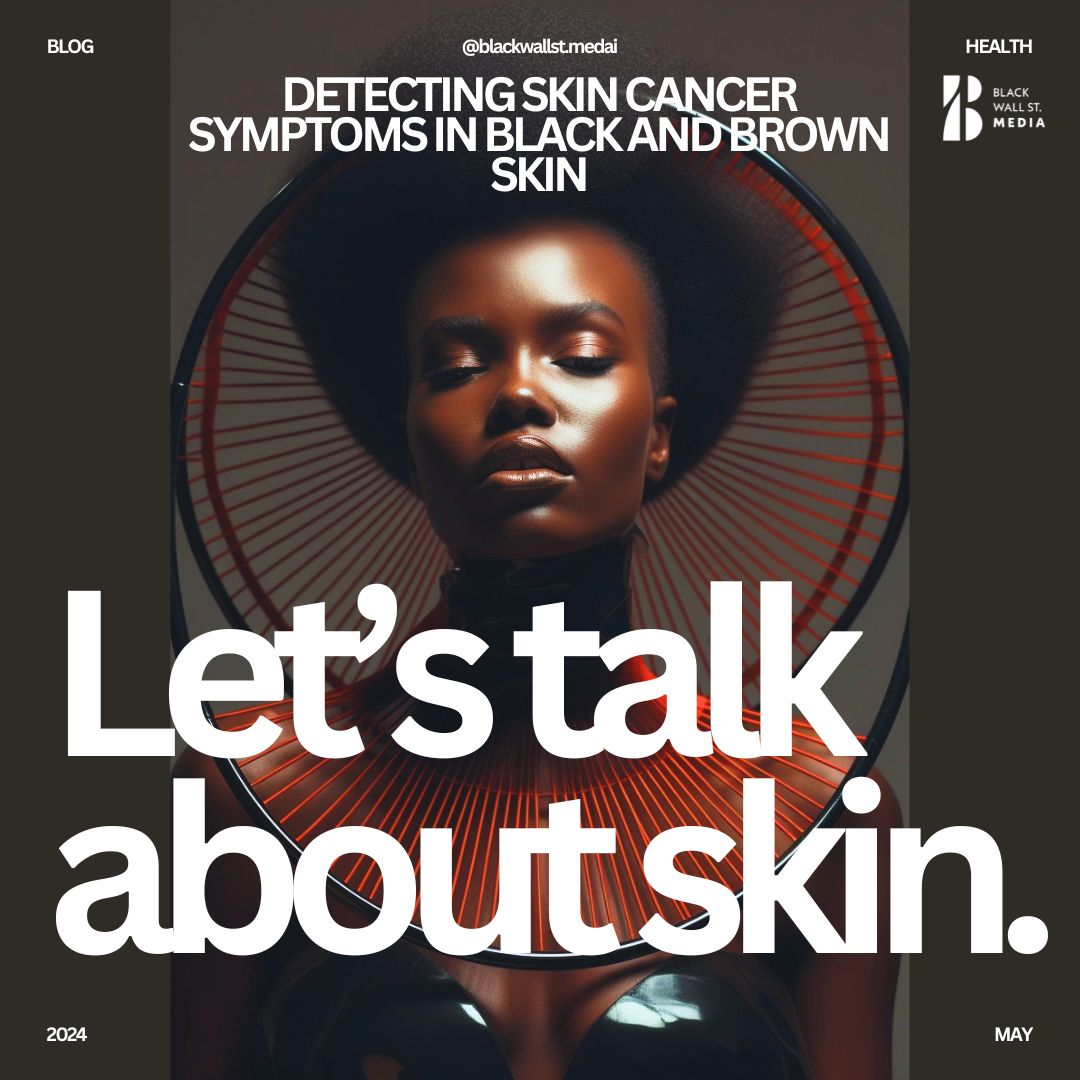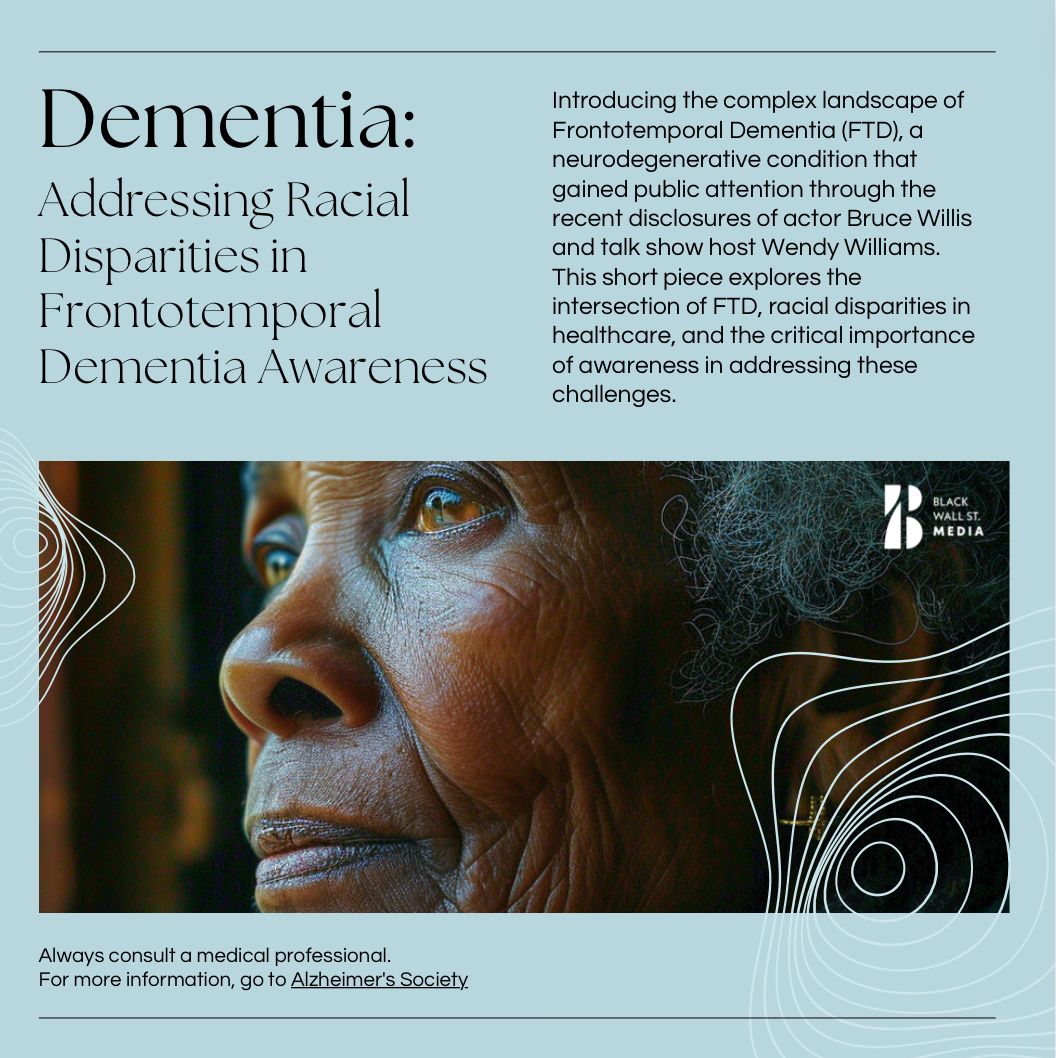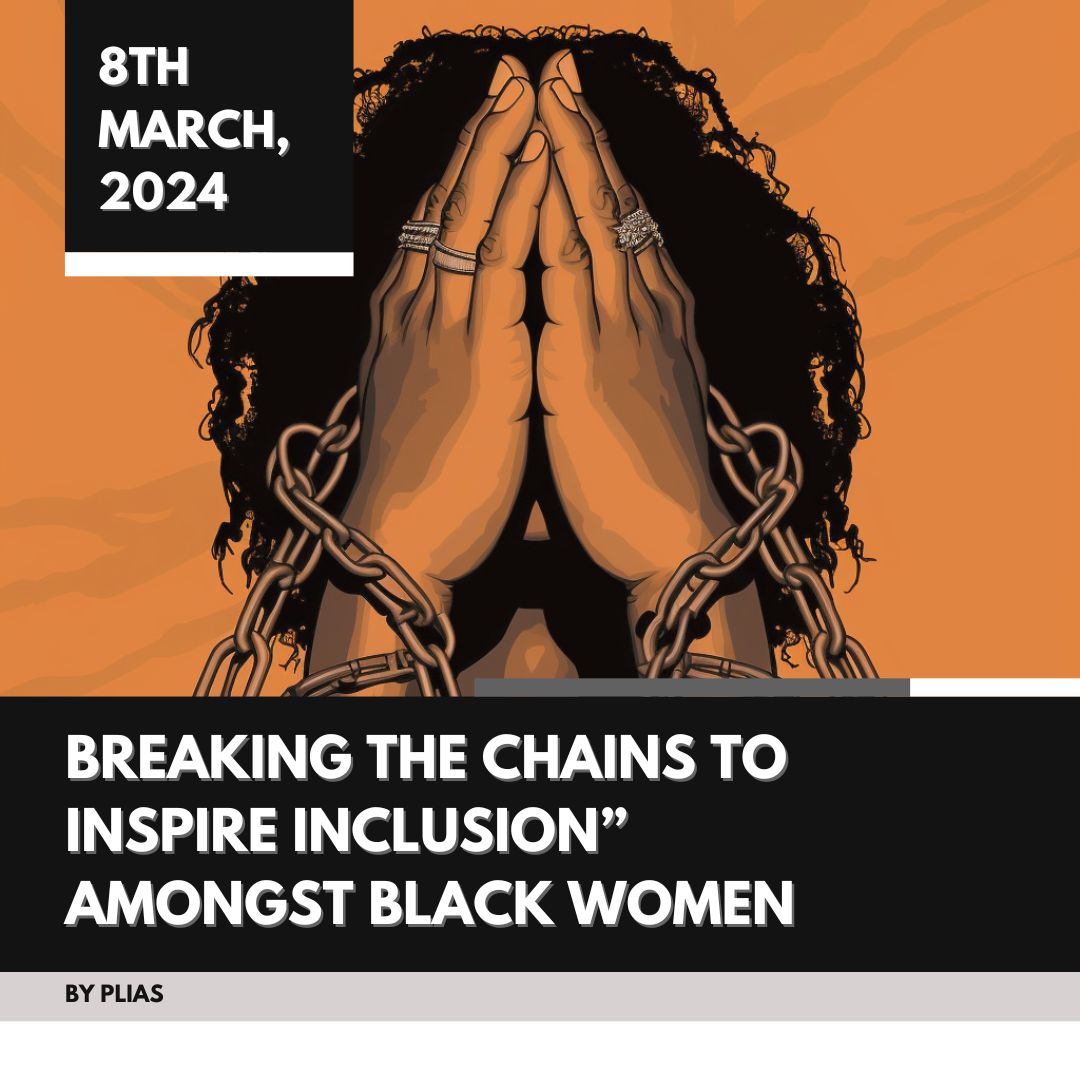May Editors Letter
EDITORS LETTER - MAY 2024
“Join us at Black Wall St Media as we delve into the pressing issues impacting our community. From health disparities to advocacy campaigns like #GetLippy, let's raise awareness, spark conversations, and ignite change together. Follow along for insightful content and actionable steps towards a healthier, empowered future.”
Diahanne RhineyEditor - in - Chief
It’s been an eventful month at Black Wall St Media as we navigate the highs, lows and highlights of the diaspora.
It’s also been a month where cancer seems to have been back under the spotlight. Since the sad cancer diagnosis of Kate, Princess of Wales, the media has been reporting on a ‘cancer surge’.
This was shown in a global study published in BMJ Oncology this week reported a surge in the number of people under the age of 50 being diagnosed with cancer. However, the mainstream media still isn’t reporting on how this impacts the Black community.
The challenges faced by Black men and women are many and varied. It’s not only about race or ethnicity but a complex intersection where class, language, cultural beliefs, economic hurdles, and societal norms meet.
What we do know, is that racism is a contributing factor in our health and that racism is also a contributing factor in our treatment at the hands of healthcare services.
Disparities when it comes to every single area of Black health is a serious issue across the board for us. So much so that I’d like to focus on this issue in this month’s editor’s letter. Black women are not only more likely to be diagnosed with uterine cancer, they are more than twice as likely to die from it than other racial and ethnic groups.
So, I was thrilled to hear about the ‘Get Lippy’ campaign which has been created by The Eve Appeal.
The Eve Appeal is the leading UK national charity funding research and raising awareness into the five gynaecological cancers – womb, ovarian, cervical, vulval and vaginal.
This May, they will join forces with incredible names from the health and beauty industry to raise awareness of the five gynae cancers and encourage everyone to Get Lippy and open up life-saving conversations.
The UK has one of the lowest maternal mortality ratios in the world. There are, however, huge disparities in outcomes for women depending. Maternal mortality for Black women is currently almost four times higher than for White women.
These disparities have existed and been documented for at least 20 years, but only received mainstream attention and Government action since around 2018.
We must give credit for putting the issue on the political and public health agenda to campaigners, such as Five X More and Birthrights, who have worked to publicise the issue.
There’s still so much more work to do. Every single day, two women in the UK lose their battle with cervical cancer.
That’s two families shattered. Just this week alone, nine more women will face the life-altering diagnosis of cervical cancer. 1 in 4 Black men will get prostate cancer their lifetime.
Black men are more likely to get prostate cancer than other men, who have a 1 in 8 chance of getting prostate cancer. Prostate cancer is the most common cancer in men in the UK.
Although it affects all men, black men are 2-3 times more likely to develop this cancer than their white counterparts.
The death rate is twice as high. Furthermore, black men are more likely to develop prostate cancer at a younger age.
Here’s the thing – much of this pain and loss is preventable. Yes, social factors affect our health, and some of those impact certain communities more than others.
There are also embedded structural issues. Black men are more likely to be sectioned. And a black woman is four times more likely to die during childbirth.
The only way to change these issues is to deal with the structural problems sitting behind them, and by engaging with local systems. We need to have open conversations about our health.
We also need to take personal responsibility where we can. Trust in our instinct when it comes to our bodies, if we know something is wrong it’s important to be as thorough and as persistent as possible.
So many of us are afraid of getting a second or even a third opinion, but that level of diligence can literally save your life. Just as we work twice as hard in education and employment, we must also work twice as hard at self-love and self-awareness when it comes to our bodies.
When something is wrong, we must be determined in our efforts to get to the bottom of it and find answers. Also, we must remember this is a community issue.
So please, give blood to organisations like ACLT, and donate to the charities who are around the forefront of research, making change and raising awareness.
I will be starting by getting involved with the Get Lippy campaign.
There’s plenty of ways you can join me. Get Lippy are inviting people to take on 60k this May for the Get Lippy Run – rock your boldest Lippy as you run, walk, wheel, or hop your 60k around your local area.
Or, buy a participating product from one of their brand partners – with 10% of sales in May going directly to Eve. We don’t have to sit by and dread becoming a statistic.
”We all have a part to play.
Diahanne RhineyEditor in Chief



